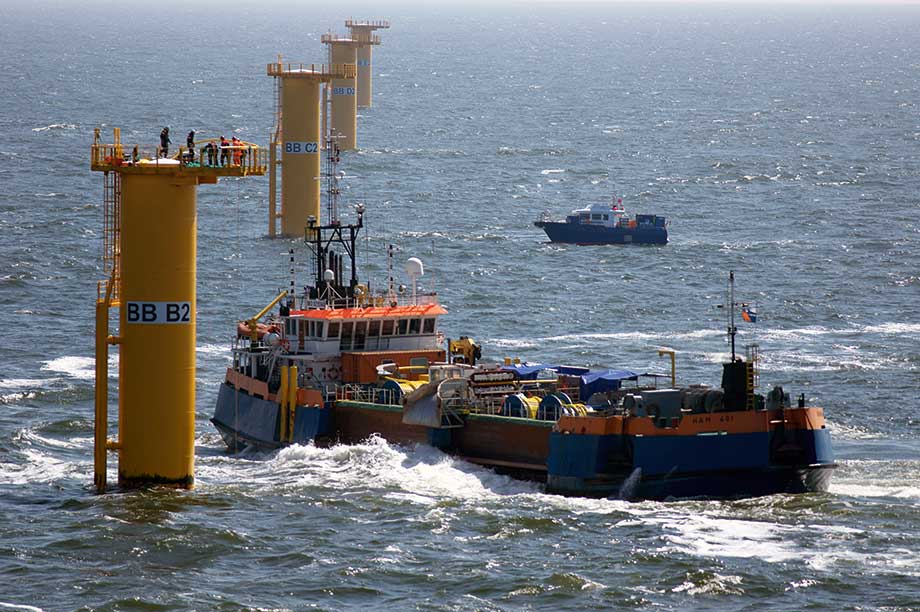The industry is cautiously accepting of the changes, but waiting for further details.
While the guaranteed price remains the same, at €138/MWh, under the new proposals it will only be available to projects reaching financial close by end 2016 and limited to 3,500 full load hours (FLH) a year.
For projects expecting to operate more than those full-load hours, as declared at the time of financial close, the rate will then fall "at an average proportional to EUR2 per 100 hours a year".
Projects reaching financial close from January 2017 will receive €132/MWh for 3,800 FLH, with the same reduction applied for any additional hours.
"The aim is to stimulate technological innovation without disadvantaging the consumer," the energy ministry said, estimating that, once the five projects currently being developed are constructed, consumer savings would be around €50 million a year.
"Our main worries are that we don't know what the system will finally look like," said Lut Vande Velde, secretary general of the Belgian Offshore Platform (BOP), an association of investors in offshore wind. "There are too many uncertainties."
One major concern is what will happen about grid connections. Under the current system, only finally agreed in June 2015, the tariff rises to €150/MWh if the owner builds the connection.
The ministry is currently determining whether each project should build its own, or if a joint initiative with transmission system operator Elia will be acceptable, explained Frank Coenen, chairman of developer InControl. A decision is expected this spring.
Such questions need to be resolved quickly if the five remaining offshore facilities are to be built without further delay and if Belgium is to meet its EU targets. For this to happen, the industry needs a stable and robust legal framework, BOP argues.
Project progress
Meanwhile, the consortia behind the Rentel and Norther projects hope to complete financing this year, despite the current uncertainty. "We are still having discussions with the government to enable us to reach financial close," said Nathalie Oosterlinck, CEO of Otary, which owns the 300MW Rentel.
One industry insider said the remaining projects should still be viable under the proposed system, but he fears that offshore wind is becoming less interesting. "Equity returns are going down while debt cost is likely to rise in the coming years," he said.

.png)



.png)









